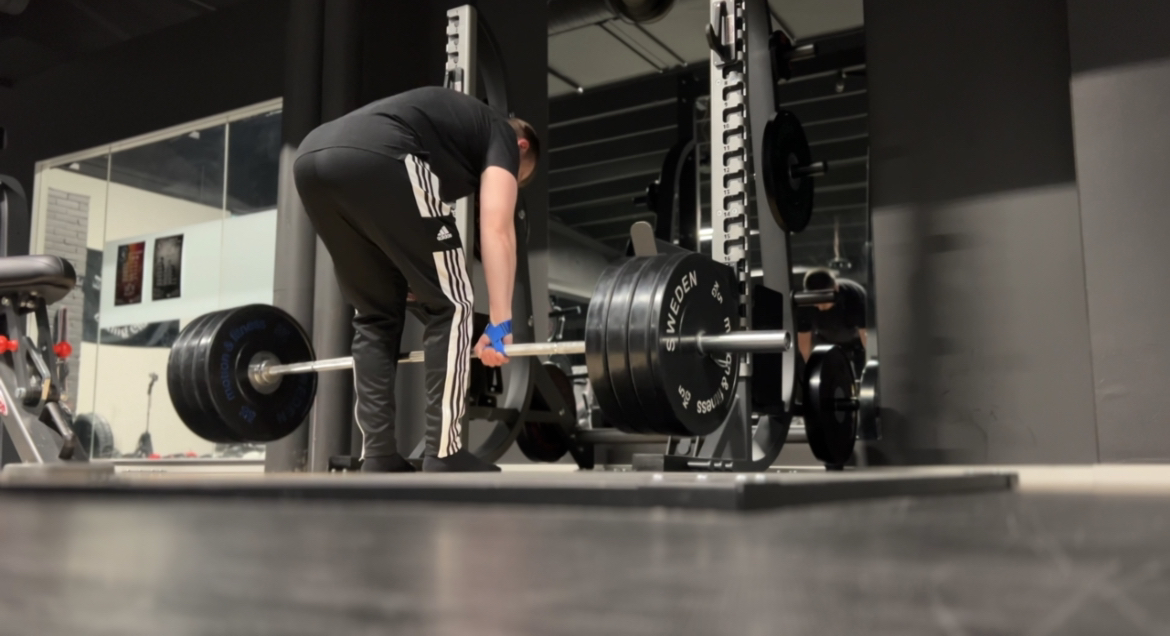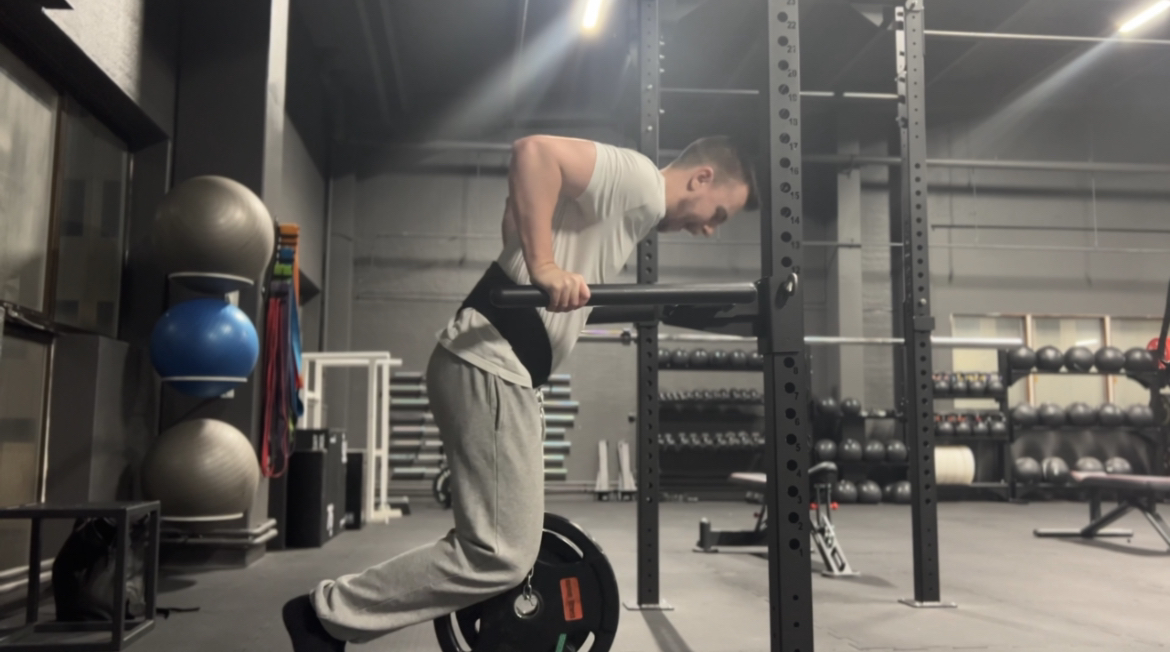Vitamin A
Vitamin A and the benefits
In the realm of nutrition and fitness, certain vitamins play essential roles in supporting overall health, performance, and recovery. Among these, vitamin A stands out as a crucial nutrient with significant implications for training and physical activity. While often associated with vision and immune function, vitamin A also influences various aspects of exercise performance, muscle growth, and recovery. Understanding the role of vitamin A in training can help athletes and fitness enthusiasts optimize their nutrition and achieve their fitness goals more effectively. Let's explore the impact of vitamin A on training and fitness and how you can ensure you're getting enough of this vital nutrient to support your active lifestyle.
1. Enhanced Immune Function:
Regular exercise places stress on the body, which can temporarily weaken the immune system and increase susceptibility to illness and infection. Vitamin A plays a critical role in supporting immune function by promoting the production and function of white blood cells, which are essential for combating pathogens and maintaining overall health. Adequate vitamin A intake can help bolster the immune system, reducing the risk of illness and allowing individuals to train consistently and effectively.
2. Muscle Growth and Repair:
Muscle growth and repair are fundamental processes that occur in response to exercise-induced damage and stress. Vitamin A contributes to these processes by supporting protein synthesis, the formation of new muscle tissue, and the repair of damaged muscle fibers. Additionally, vitamin A plays a role in regulating gene expression related to muscle development and hypertrophy. By ensuring optimal vitamin A status, individuals can promote muscle growth, recovery, and adaptation to training stimuli.
3. Vision and Coordination:
Visual acuity and coordination are essential for performing complex movements and exercises with precision and accuracy. Vitamin A is crucial for maintaining healthy vision, as it supports the function of the retina and the production of visual pigments necessary for low-light and color vision. Adequate vitamin A intake can help athletes and fitness enthusiasts maintain optimal visual performance during training and competition, reducing the risk of accidents or injuries related to impaired vision or coordination.
4. Bone Health and Strength:
Strong and healthy bones are essential for supporting the demands of physical activity and minimizing the risk of fractures or injuries. Vitamin A contributes to bone health by regulating bone remodeling, calcium metabolism, and the production of bone-building cells called osteoblasts. Additionally, vitamin A works synergistically with other nutrients such as vitamin D and calcium to maintain bone density and strength. By ensuring sufficient vitamin A intake, individuals can support bone health and integrity, facilitating optimal performance and longevity in training and physical activity.
5. Anti-inflammatory Effects:
Exercise-induced inflammation is a natural response to muscle damage and stress, but excessive or chronic inflammation can impair recovery and performance. Vitamin A exhibits anti-inflammatory properties, helping to mitigate inflammation and promote a favorable environment for muscle repair and recovery. By reducing inflammation, vitamin A may help athletes recover more quickly from intense training sessions and minimize the risk of overuse injuries associated with inflammation and oxidative stress.
Sources of Vitamin A:
To reap the benefits of vitamin A for training and fitness, it's essential to include vitamin A-rich foods in your diet. Excellent sources of vitamin A include:
- Liver (beef, chicken, or fish)
- Sweet potatoes
- Carrots
- Spinach
- Kale
- Pumpkin
- Apricots
- Eggs
- Dairy products (milk, cheese, yogurt)
Additionally, some fortified foods and supplements may provide vitamin A in the form of retinol or beta-carotene, a precursor that the body can convert into vitamin A as needed.
Conclusion:
Vitamin A plays a vital role in supporting training and fitness by enhancing immune function, promoting muscle growth and repair, supporting vision and coordination, maintaining bone health and strength, and exerting anti-inflammatory effects. By incorporating vitamin A-rich foods into your diet or considering supplementation if necessary, you can optimize your nutrition and support your active lifestyle more effectively. Remember to prioritize a balanced diet rich in essential nutrients, including vitamin A, to maximize your performance, recovery, and overall well-being in training and fitness endeavors.











